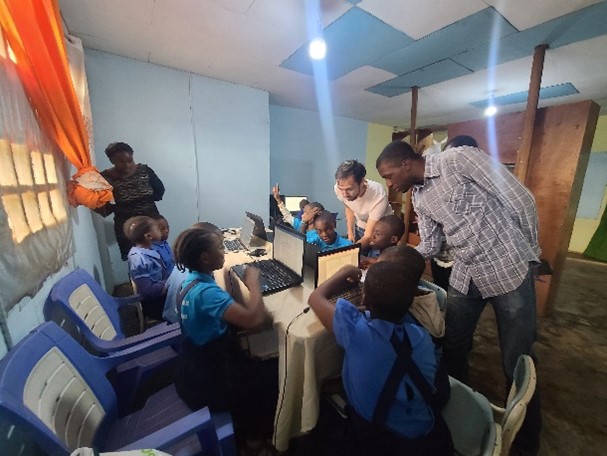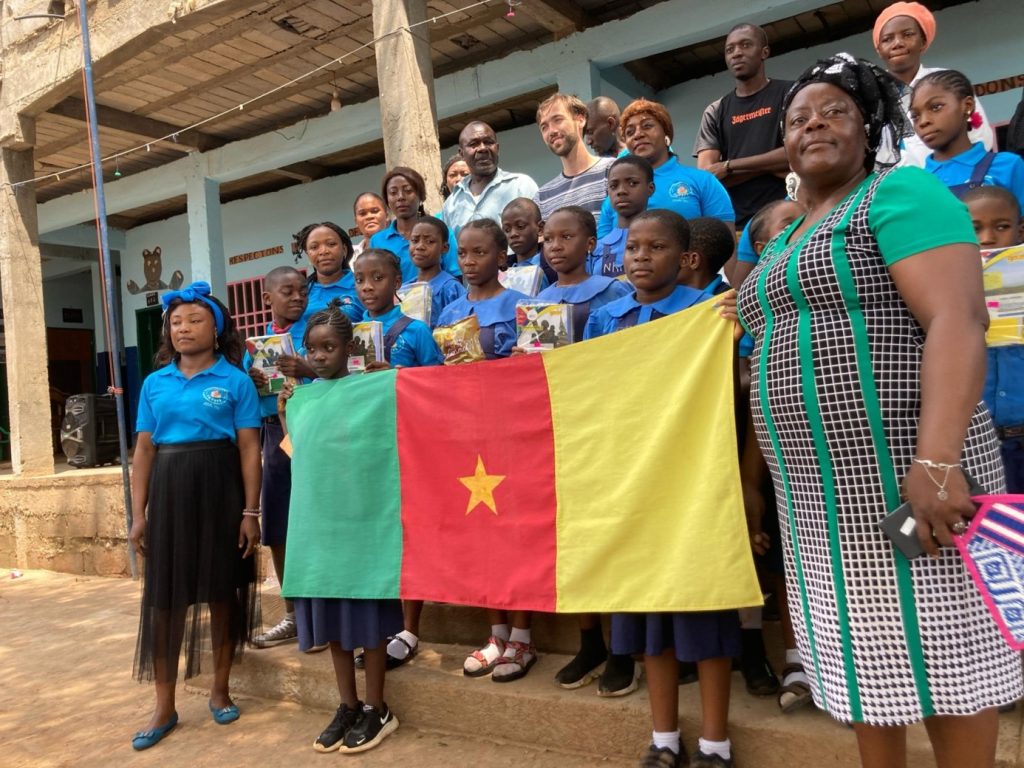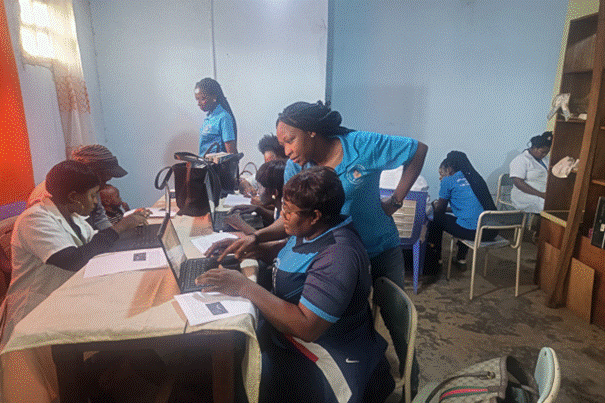Education



La FAPEFE a lancé des activités liées à l’Éducation Environnementale pour Tous (EET) en 1997. Son objectif est d’atteindre les enfants des écoles maternelles et primaires du Cameroun, en particulier dans la région centrale. Ce programme cible 80 000 enfants et 50 000 enseignants dans la région centrale du Cameroun (Yaoundé, Mfou, Mbalmayo, Obala). Jusqu’à présent, nous n’intervenions que dans la province centrale. Grâce au soutien de la FAPEFE, les enfants de l’école Noula ont pu visiter le parc national de la Mefou et le jardin zoologique et botanique de Mvog-Betsi, où ils ont été sensibilisés à la conservation et à la protection de leur environnement.
Nos objectifs sont :
- Renforcer la base de connaissances et créer un fort sentiment de sensibilisation aux questions environnementales parmi les écoliers, et ainsi donner aux communautés les moyens de réduire la pauvreté grâce au développement durable
- Changer les attitudes/comportements vis-à-vis de l’environnement et inculquer un sens des responsabilités pour la protection de l’environnement en les impliquant dans l’embellissement du paysage scolaire et en les sensibilisant à la valeur écologique de leur environnement.
- Instruire les enfants à l’utilisation des nouvelles technologies et de l’ordinateur. Les enfants se frottent aux logiciels et aux outils pour développer une passion futur.
Le programme aborde et promeut également les points suivants :
- Participer à des activités environnementales telles que la plantation d’arbres et de fleurs ;
- Élimination responsable des déchets et des ordures
- Enseigner, restaurer et préserver la richesse de notre environnement en sensibilisant les enfants, leurs parents et leurs enseignants, par le biais des écoles et de l’enseignement à domicile.
- Pour nourrir leur sens de l’émerveillement, de l’imagination et de la créativité
- Offrir aux enfants un sentiment de beauté, de calme et de refuge dans un monde parfois effrayant
Activités liées à ce programme
- Atelier de renforcement des capacités
- Cours d’informatique à l’école maternelle et primaire bilingue NOULA
- Création de clubs environnementaux à l’école
- Visite pédagogique au Centre de la faune et au Jardin botanique pour en apprendre davantage sur la préservation et la conservation
- Exercice de plantation d’arbres et de fleurs dans différentes écoles, communautés et lieux publics tels que les hôpitaux, les marchés, etc.
- Concours de dissertation, de poésie et d’arts entre écoles
Pour contribuer ou proposer des idées, contactez-nous ou faites un don.
